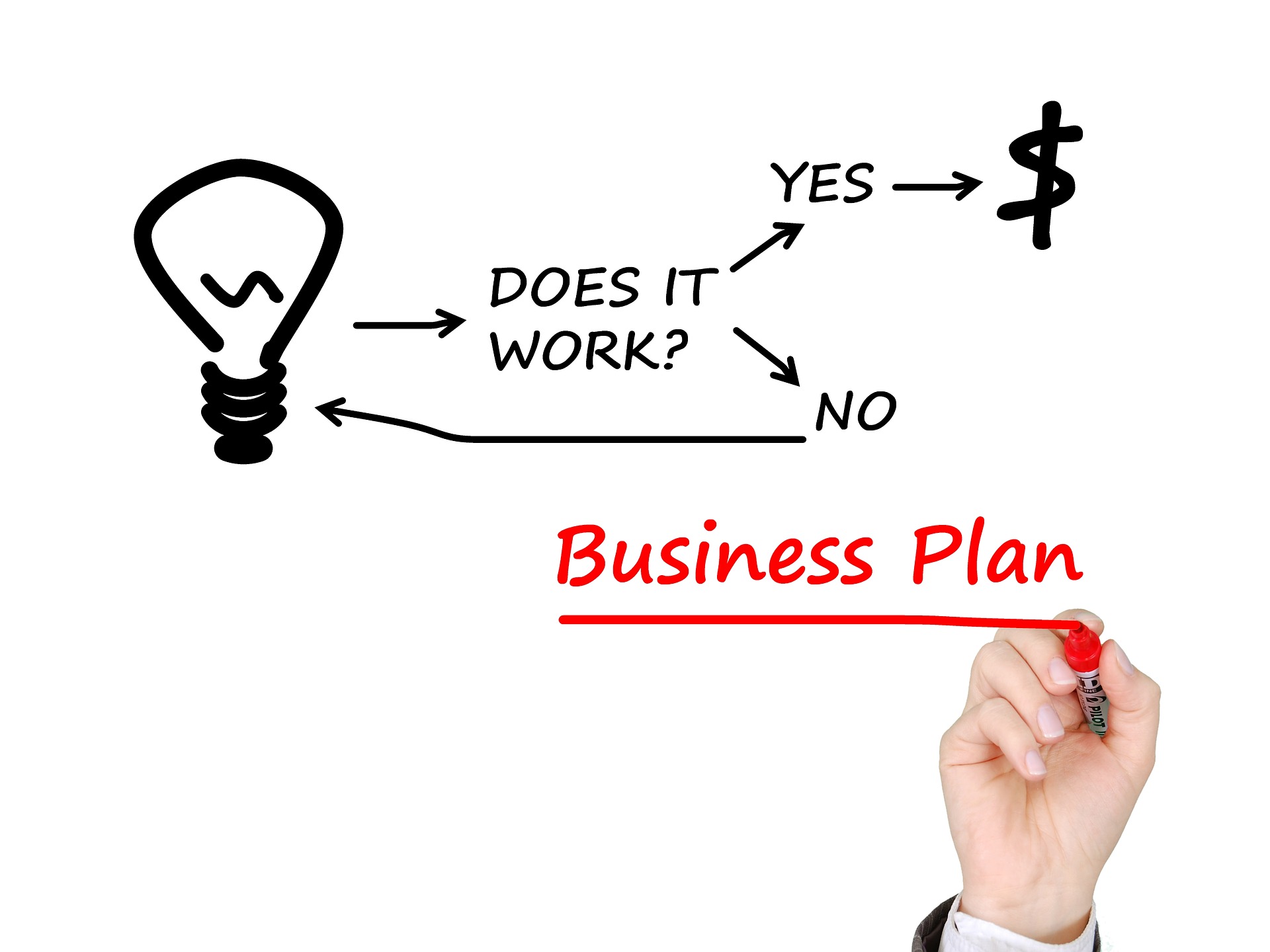There is no point in any year where Irish companies do not have to make choices. Some choices sound bigger than others and can fall flat (Y2K anyone?) whilst others live up to their billing. Irish companies must operate on the basis that a hard Brexit is going to take place. In the event of the EU crashing out as some of the more reckless Tories are wont to put, Irish companies with exposure to agribusiness and aviation in particular will be badly impacted. This is the easy to see part. But what about, for instance, Irish companies doing business with Ulster Bank. We know from the payments problems they had in recent years that files are transferred and managed via the old Natwest technology systems in the UK. How and where does the border settle on this virtual supply chain? What will that do to Irish companies dependent on them for payments?
We know that 70% of all goods inward come via Dover and crossings from the Irish sea rather than the Celtic sea. The remaining 30% comes from France but most of that is shipped between April and October. Suppliers, Importer/Exporters all face profound disruption if Brexit manifests itself in the most dramatic form imaginable.
So far, so obvious, so what! Irish companies have the opportunity to pivot and look beyond our nearest and closest neighbour, collaborator and customer, the United Kingdom. For some sectors, this is an existential necessity, for others it is simply the smart and appropriate response to this major global event. Ireland was good at internationalisation before the boom years took hold. We have a very different narrative to tell now. Until the late 1990s Ireland was by any definition what we would called today “an emerging economy”. It is now among the most developed nations on earth with businesses with the skills, competencies and capabilities of servicing its needs.
The historian and critic Lord Clarke once said, “it is lack of confidence, more than anything else, that kills a civilisation. We can destroy ourselves by cynicism and disillusion, just as effectively as by bombs”. Irish companies re-engage the world in 2017, not 1987 and do so as peers with a very strong story to tell – assuming we get on planes and boats to tell it. So what practically can Irish companies do to mitigate the impacts of Brexit?
- Develop a strong plan for growth and start to profile markets where goods, services and/or knowledge held within the company has a commercial value that can be monetized;
- Focus on how you can work through network development, consortium development and partnerships with international companies that complement your skillset;
- Start looking at and profiling known international opportunities in public sector markets and aim to use them as a beachhead to develop new markets overseas.
IntertradeIreland run a series of tender education programmes and also have a Brexit advisory service aimed at assisting SMEs cope with impacts of Brexit. Many of these supports are free of charge or cost a nominal fee. The Local Enterprise Offices also offer supports (e.g. mentoring) that can help micro companies take the first few steps towards reducing risk and increasing control over their commercial future. Larger companies can avail of supports through Enterprise Ireland and other sectoral organisations.
Dr Leon C. Megginson, summarising Darwin’s theory of evolution in an academic paper actually wrote the words often attributed to Darwin: “It is not the strongest species that survive, nor the most intelligent, but the ones most responsive to change.” In the brave new world we turn towards, Irish companies have a choice to respond to the changes in their environment or face the consequences of inertia.
This article appeared in the Irish Small and Medium Enterprises Owner/Manager magazine for Q3 2017

